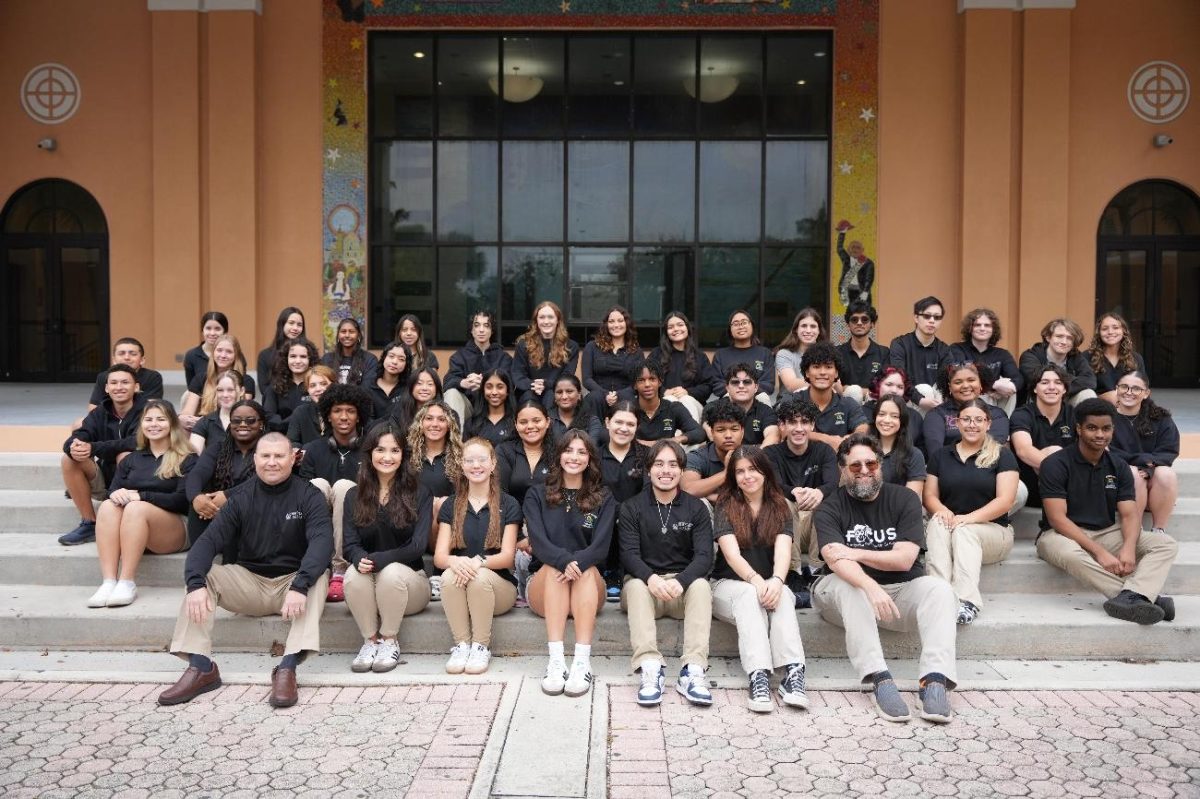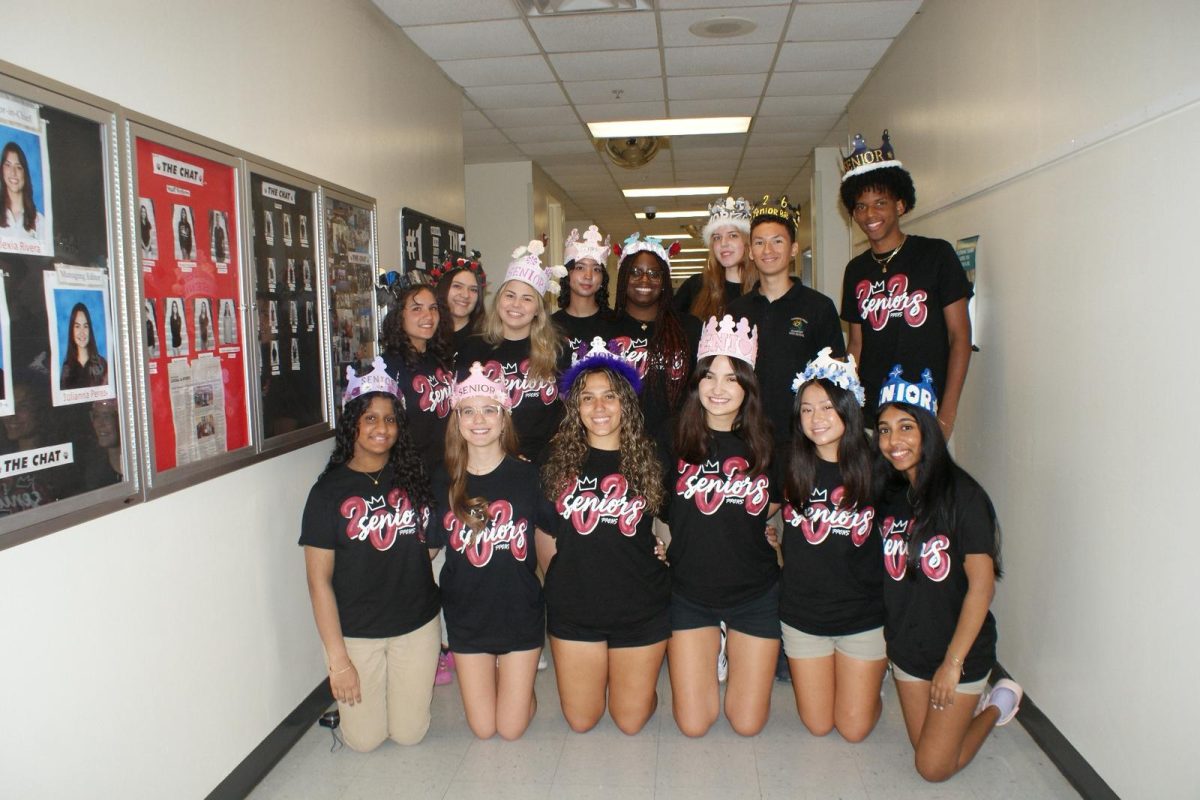Behind closed doors, unsettling realities continue to build for thousands of people: the continuous cycle of being controlled and unseen. However, the silhouette of abuse stretches far beyond physical violence.
During the month of October, the country comes together to recognize the importance of Domestic Violence Awareness Month, reminding people to advocate for those caught in the cycle of abuse and have open discussions.
Domestic violence (DV) is the pattern of abusive behavior that a partner uses to gain control over someone in an intimate relationship. People often associate DV with acts of physical harm, but it can manifest in various forms: emotional, psychological, financial, etc. Many victims still struggle to break free from their circumstances due to their lack of awareness of DV or believe they’re alone in their suffering.
Domestic violence takes a significant toll on those affected. It can have everlasting effects, including an increase in developing mental health illnesses such as anxiety, depression, PTSD, and other stress-related disorders. This epidemic not only causes lasting emotional pain, but it also tears apart families and communities.
Many people assume that domestic violence only consists of physical assault. However, it may also include an overprotective and jealous abuser, gaslighting, manipulation, constant yelling/fighting, personality changes, and much more.
Victims of domestic violence may find themselves trapped in the feeling of fear and isolation. They might struggle to break free from their circumstances because they lack awareness or believe they’re alone in their suffering. However, there are multiple support networks and resources that have become accessible for those in violent relationships.
As awareness grows, it becomes increasingly vital to amplify the voices of those affected by this cruel act and ensure that every victim knows they deserve safety, support, and the chance to speak out about their situation and reclaim their lives.
One of the significant barriers to reaching out for help in cases of DV is how the outside world views and perceives it. Multiple individuals fear being judged or not believed, leading to feelings of loneliness and embarrassment. The acts of the abuser can create feelings of being trapped, making it difficult for victims to seek support.
Reaching out for help can feel daunting, but being able to take the first step is crucial for safety and healing. Expressing feelings and experiences openly is essential, even if it may seem uncomfortable.
Everyone deserves support, and reaching out can provide the encouragement needed to take the following steps and report whatever signs of domestic violence might be occurring. Multiple DV hotlines offer services, counseling, and safe shelters. It’s okay to seek out help; doing so can be the start of new beginnings.
For people who work with victims, Domestic Violence Awareness Month is not something taken lightly. After graduating from Charter in 2015, alumna Raven Veitch decided to make it her career to help those who do not have a voice by becoming a victim’s advocate.
“Working with victims of domestic violence is something I do not take lightly. Through my work, I see the resilience and the true strength victims have. One of my biggest goals is to show victims they are not alone and to ultimately empower them,” she states.
Veitch also highlights the significance of this month by noting how common domestic violence is in relationships and the work this month does for victims. “This month highlights how common DV is for both men and women and aids in prevention education. Many people are fearful of getting out [of] a domestically violent relationship, but through awareness, survivors can see that they are not alone and just how many resources are out there to help support them in their journey.”
Although many high school students are not aware of the destructive effects of domestic violence, many are willing to explore how it can shape someone’s life. PPCHS junior Bradley Powe encourages people to report domestic violence by emphasizing that “it can save lives, including their own or others, and helps break the cycle of abuse by holding perpetrators accountable.”
This month is when communities can help provide comfort and encouragement to victims of domestic violence to speak up about their abuse. Reaching out for help will only guide them to break free from the humiliation, maltreatment, and trauma that comes with this severe problem.
If you or someone you know is experiencing abuse, please call or text the National Domestic Violence Hotline at 1-800-799-7233 or visit thehotline.org for support and services 24/7.









